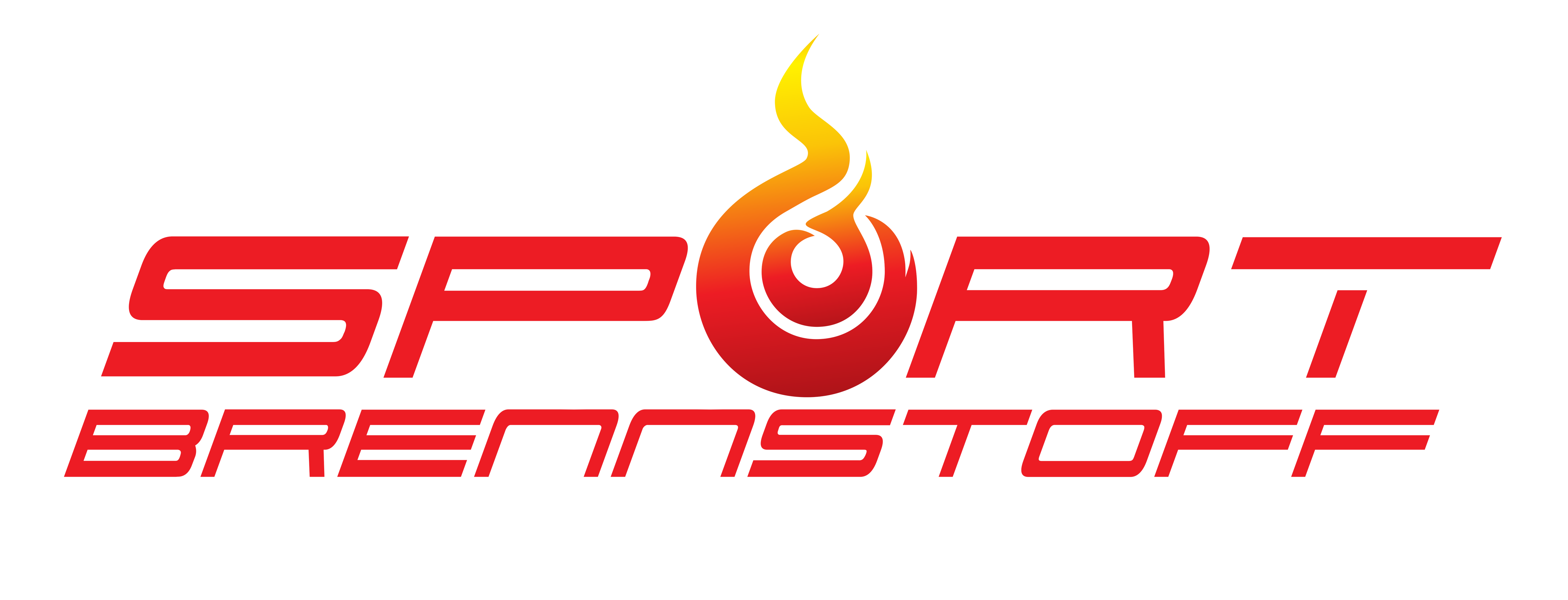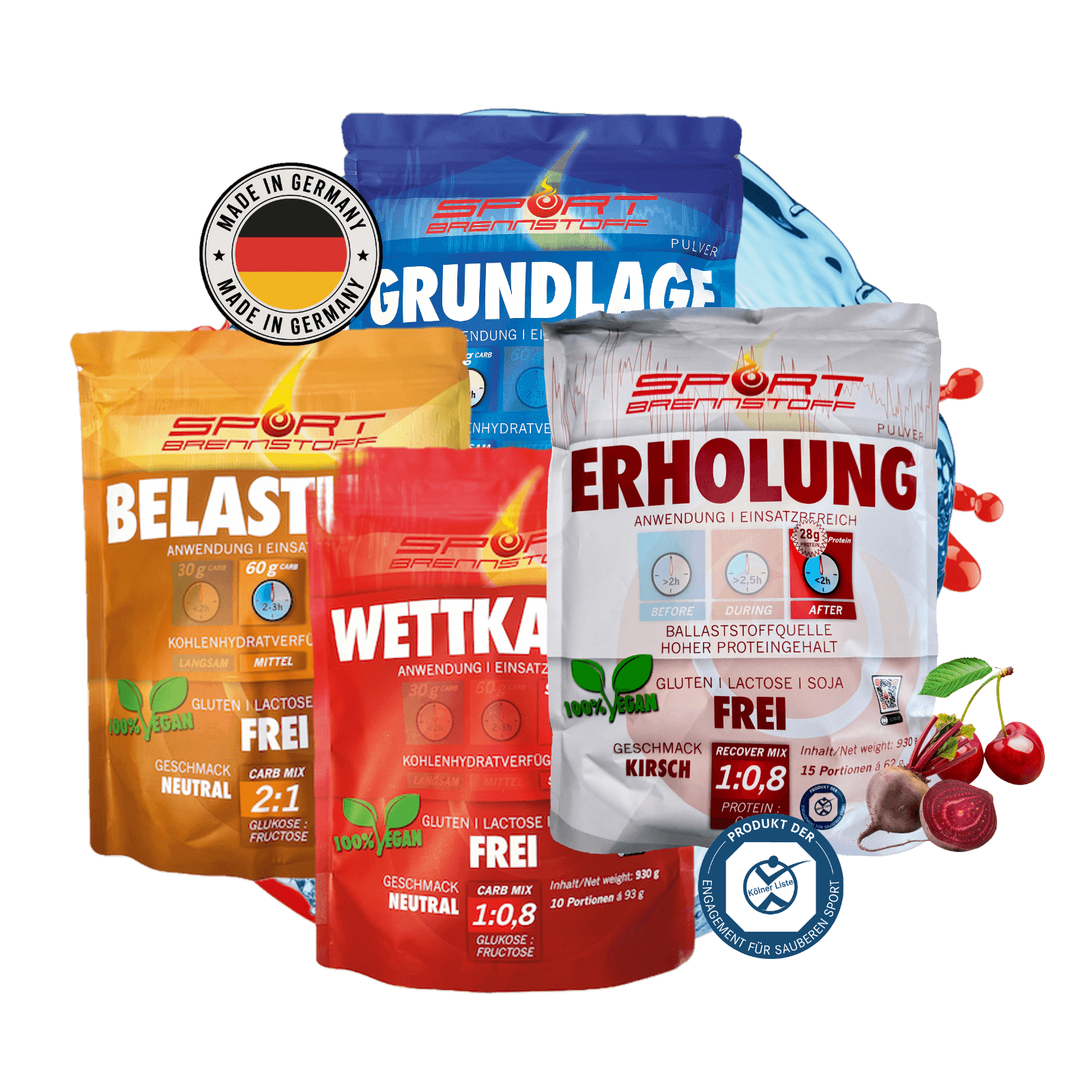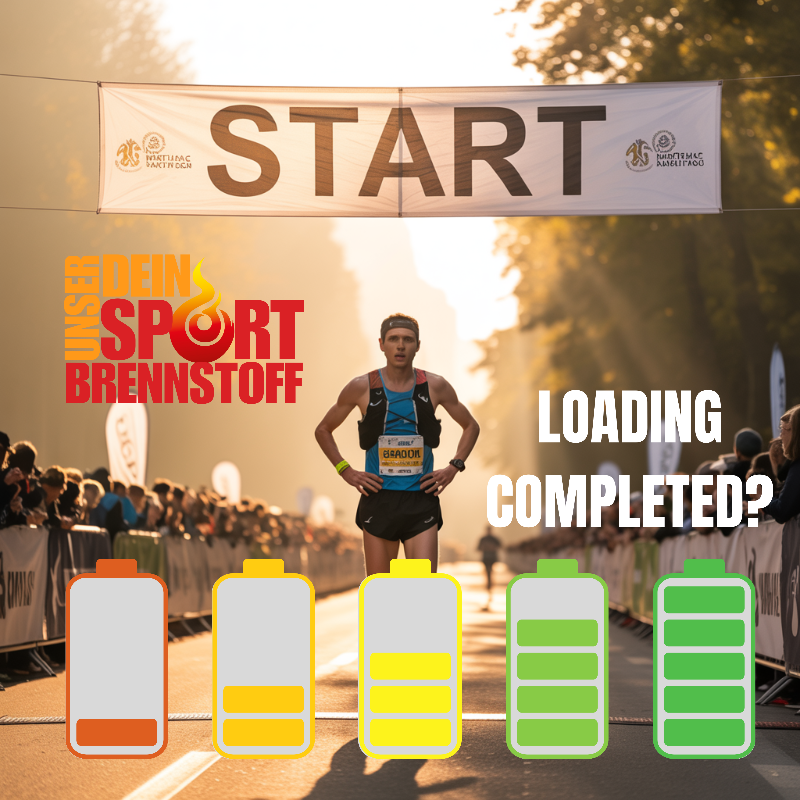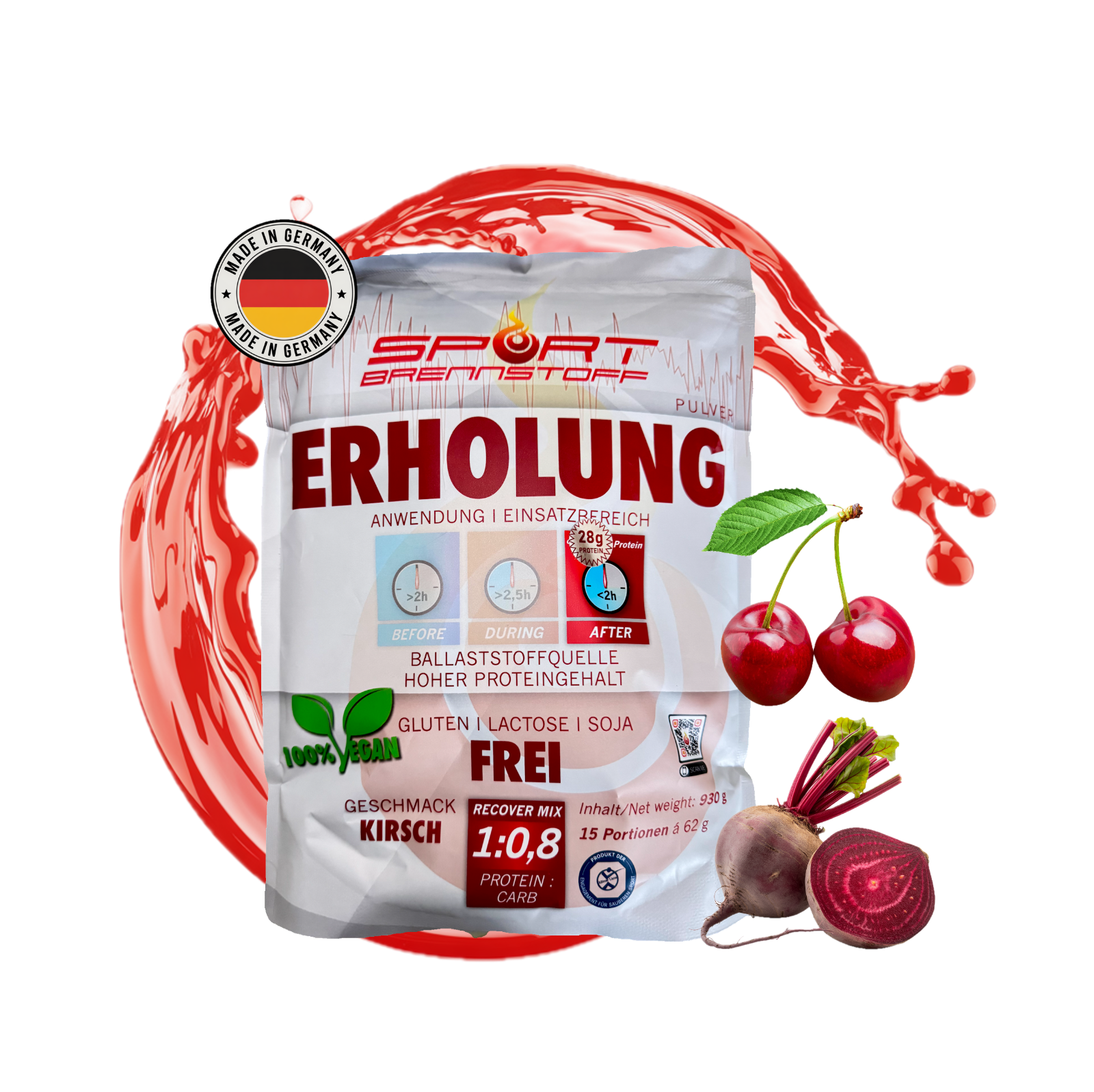For endurance athletes, optimally replenishing glycogen stores before and after a competition is crucial. But how quickly can glycogen reserves in muscles and liver actually be replenished? This question is important for properly planning nutrition and recovery to ensure peak performance during competition.
The limits of glycogen synthesis per hour
After intense exertion, glycogen stores in muscles and liver are significantly depleted. However, the rate at which they can be replenished is limited. Studies show that the body can store approximately 60 to 90 grams of carbohydrates per hour in the form of glycogen. For a 70-kilogram athlete, this equates to about 1.2 grams of carbohydrates per kilogram of body weight per hour. This absorption rate applies particularly in the first few hours after training, when the stores are most receptive. It's important to note, however, that glucose can only be metabolized at a maximum rate of approximately 1 gram per minute (about 60 grams per hour). Additional fructose can be absorbed up to a ratio of 1:0.8 glucose:fructose, but it is stored exclusively in the liver. This liver storage capacity is very limited, with a maximum of 150 grams of glycogen.
Muscles and liver: Shared storage sites with different capacities
Muscles have the largest glycogen stores, capable of storing 300 to 600 grams of glycogen depending on training level and muscle mass. The liver has a smaller store of approximately 100 to 150 grams, but plays a crucial role in maintaining stable blood glucose levels during exercise. Liver glycogen stores are readily accessible and can be regenerated quickly. Muscle glycogen, however, is somewhat slower to replenish, requiring between 24 and 48 hours for complete recovery.
Practical implications for nutrition and competition preparation
For athletes, this means specifically:
- After competition or intensive training, you should start consuming readily available carbohydrates as soon as possible in order to utilize the maximum storage capacity per hour.
- A continuous intake of approximately 60–90 grams of carbohydrates (glucose:fructose) per hour over the first 4–6 hours after exertion supports rapid regeneration.
- It usually takes 24 to 48 hours to completely replenish the energy stores, which is why nutrition in the days leading up to competitions is also important.
Conclusion
Limiting glycogen intake to approximately 60 to 90 grams per hour is a crucial factor in recovery strategies for endurance athletes. Those who know this limit and plan their carbohydrate intake accordingly can efficiently replenish their glycogen stores and thus achieve peak performance in competition.
Stay tuned for more tips on sports nutrition and competition preparation at Sportbrennstoff.com – your partner for optimal endurance performance!
Sources
Glycogen stores: effectively replenishing and depleting them https://www.akademie-sport-gesundheit.de/magazin/glykogenspeicher.html
Glycogen storage https://www.runnersworld.de/lexikon/glykogenspeicher/




















Leave a comment
All comments are moderated before being published.
This site is protected by hCaptcha and the hCaptcha Privacy Policy and Terms of Service apply.